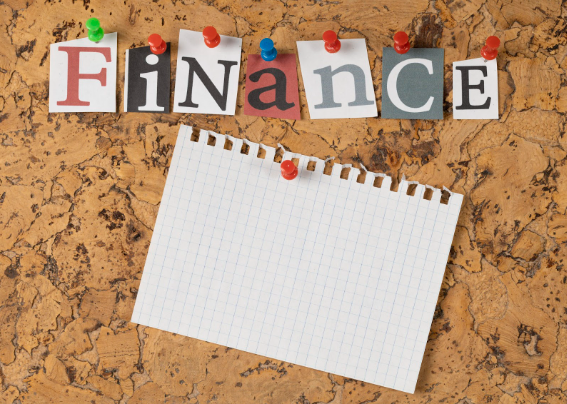
Building and Maintaining Good Financial Habits
Just like our fingerprints are not the same, and so are our financial habits. The reason isn’t far-fetched. We don’t work at the same office, we are not from the same family, we don’t carry the same problem, we don’t have the same need. So, yes, our financial habits are different. However, there are things common to us just as we have things that differentiate us. For example, if someone is given to bad financial habits, it could include not having a budget, spending without thinking twice, maxing out credit cards, taking out multiple loans, not having savings etc. The others that have good financial habits would do the opposite. But how do you build and maintain good financial habits?
Laying the Foundation for Good Financial Habits
A building that will stand and last for ages must have a solid foundation. Sometimes, we want to fix issues but we fail to realise we need to start from the grassroot. There are a thousand and one financial habits that could be adopted but that’s not even the issue.
We already established that our financial situation differs. But for every financial challenge, there’s a cogent reason that springs from the foundation, and this differs too.
Yours may be that you don’t have enough savings to cover emergencies, so when an emergency occurs, you are thrown off balance. Another person’s challenge might be a lack of budget, and so on and so forth. But let’s talk about budgeting as it could be the general and common reason why most people struggle financially. When you learn to budget, you are developing a good financial habit that will serve you for years and in any country you find yourself
The Art of Budgeting

The process of budgeting starts with review of your income and expenses. When you categorize your expenses and set limits, you can regain control over your financial destiny, directing funds towards meaningful goals rather than things you don’t need.
Let’s make it clearer.
When you budget, you’re preparing for tomorrow and the next day after that. It means you’re futuristic. A budget will tell you how weak your money is and how strong it is. Not literally. It means, you know what to plan for and what to postpone when you budget, and you will be able to take care of your basic needs till you get the next paycheck.
Savings
Most of us spend first then save the rest. However, financial experts argue that you save first and spend the rest, which actually makes sense. Saving is inevitable, it is not an option, especially if you wish to be financially independent. Your savings is your reliable friend you can call on anytime and it will answer you. You can use it instead of relying on credit cards and payday loans.
Savings serve multiple purposes; they provide a buffer against unexpected financial shocks, offer a sense of security, and pave the way for future investments. You can’t save unless you’re disciplined, consistent, and committed. Even smallest contributions, when made regularly, can grow into big a financial buffer.
Overcoming the Temptation of Credit
Credit cards are convenient and tempting, especially for individuals living beyond their means. If you don’t want to fall into the trap of debt, you need to be disciplined while using credit cards. Using credit cards is the simplest and easiest way to get into serious debt. You need to understand the terms of credit, use the credit judiciously for necessary purchases, and commit to timely repayments. In doing so, you can build a positive credit history, which is important for future financial steps like securing loans for a home.
Financial Literacy
When you go to school, you learn about different subject matter as regards your chosen field or discipline. You spend hours in class learning about Engineering, you do assignments, carry out projects, write thesis, tests and exams, just so you can be a professional Engineer. When it comes to finances, you need to learn. You don’t just spend money as you like or take steps according to how it seems right in your sight. Giving yourself to financial literacy will help you build and sustain good financial habits.
Financial literacy will empower you to make informed decisions that will set you apart from the rest.
Life is replete with unexpected challenges from time to time, from career changes and family expansions to inflation and economic crisis. These changes demand a periodic reassessment of one’s financial plan. Your understanding of financial literacy can come in handy when these things happen.
Sticking rigidly to a budget or savings goal that no longer reflect your current situation can’t help. Instead, you need to adapt and keep changing things to fit your situation. This is why you should keep learning and reading about things pertaining to personal finance so you can make the best of decisions when the time is right.

Bottom Line
Cultivating financial resilience is paramount. This means not only having the financial knowledge and capacity to take care of your needs and emergencies but also the psychological resilience to navigate the emotional aspects of financial struggle. The truth is, no matter how disciplined and perfect you are, things will not always go as planned but you need to be resilient.
One of the ways to get your finances back in shape is by getting a good debt management program. If you have overwhelming debts and you don’t know how to go about them, you can speak with one of our debt experts at EmpireOne Credit. Your debt can be reduced by up to 80%, and interest will stop immediately. Call us at (416) 900-2324 to schedule a free consultation with us. Being debt-free feels good!





